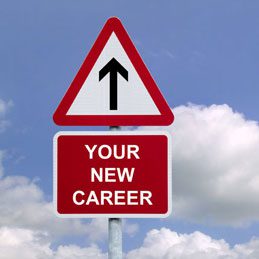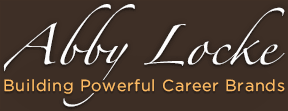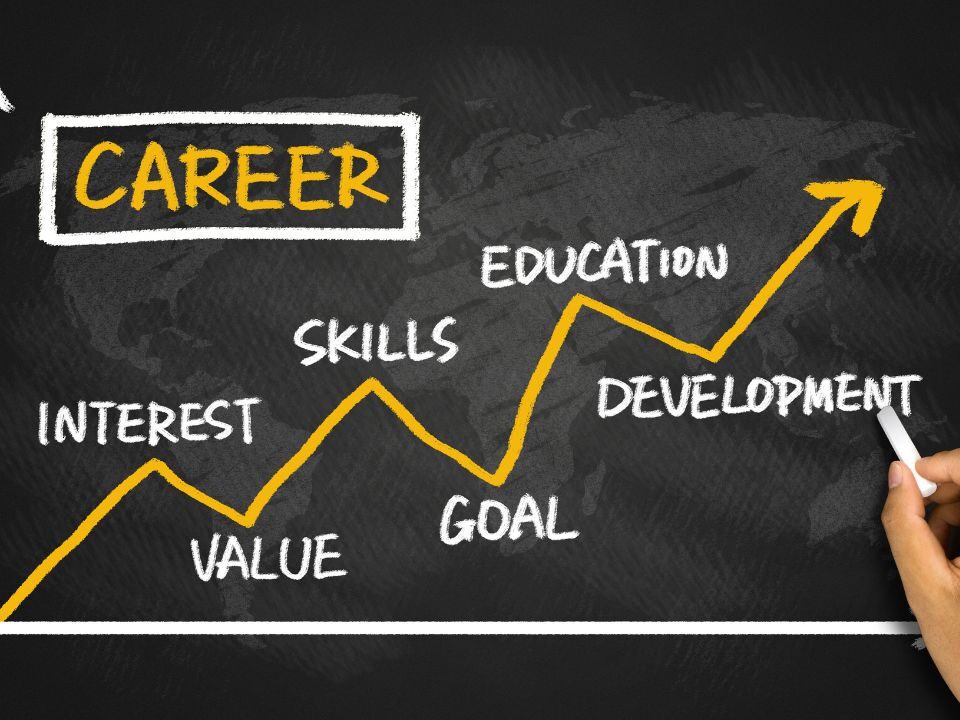
 The state of this economy has certainly challenged the best of us. With all the changes and adjustments you’ve had to make in your life, you may be seriously considering a career change.
The state of this economy has certainly challenged the best of us. With all the changes and adjustments you’ve had to make in your life, you may be seriously considering a career change.
I have mentioned countless times that true career change does not happen overnight; you may run into brick walls because you either lack direct, relevant experience or you are unclear about your “ideal” new career. Talk about frustrating!
I can certainly relate to the challenge of changing careers as I consider myself to be the “ultimate career changer”.
More than 15 years ago, I discovered that there was a viable market for resume writing services. However, here I was with a fairly successful financial services career and a MBA degree, but wanting to make a bold change.
So how does an analytical, numbers-focused professional get transformed into a nationally recognized career expert with top certifications in resume writing, personal branding and career coaching (whew – that was a mouthful for even me)?
Well, it was not easy – it took a lot of hard, hard work, even more patience and the willingness to grow, one step at a time despite every hurdle and setback.
Here a few career change strategies that I recommend:
1) Do your research and narrow down your new target career
Once I realized that resume writing was something I wanted to explore further, I started to do my homework. Apparently God, the universe, the spirit and everything else was working in my favor because one of the first books I found was called “How to start your own home-based resume writing service”. Talk about lights going on!
Saying that you want a new career to utilize your existing skills does not say anything at all.
Visit career exploration sites like O*net Online to help you dig further and identify a new profession – learn about the career thoroughly.
2) Learn from the champions in your new field/industry
My quest for new information prompted me to seek out other colleagues and identify professional organizations that assisted resume writers and career coaches to perfect their craft. Now I had access to professional development in my new field and access to seasoned resume writers.
Who in your new industry can you turn to for best practices, words of wisdom, introductions, referrals and more?
3) Start getting the word out
I remember the very first resume client I got was one of my father’s friends – ironically, I recently met him for the first time and it was great to reflect on the my humble beginnings. When you are changing careers, no-one is going to come and personally hand you a new career opportunity. Most likely, you will work hard to convince that employer to take a chance with you.
Have you identified people in your network who can be most strategic in helping you bridge the gap?
4) Be prepared and pay attention to the trends
In the early days of my business when a website was optional, but not essential, I remember a human resource professional was hesitant to retain my services because I only used newspaper advertisements. I was qualified to deliver the service, but not essentially “prepared”.
While it’s difficult to create a career-changer resume overnight, there are other things you can do to be well prepared for a new opportunity.
- Brainstorm and come up with at least three top Challenge-Action-Results career stories that would best demonstrate your transferable skills and talents to your new career
- Seek out and gain recommendations for key contacts in your new target industry (if you are really maximizing your network, you will find trusted colleagues and old friends who will vouch for you)
- Find creative ways to get involved in your new target industry – attend conferences, seminars, webinars, online forums, LinkedIn groups – remember you are getting the word out.
5) Practice patience and stay committed to the process
If you really need a job and your financial situation is at stake, then you should postpone changing careers as it really can take longer than expected…instead, consider pursuing a new certification, enrolling for a new degree, taking a series of classes or other efforts that can lead you to a new career; keep in mind that things take time.
It took several years before I was able to create an entire resume, professional biography and other career marketing materials that only reflected my experience and talents in career development.
So don’t underestimate your success with changing careers, just make sure you understand the efforts it will take to get you there.




